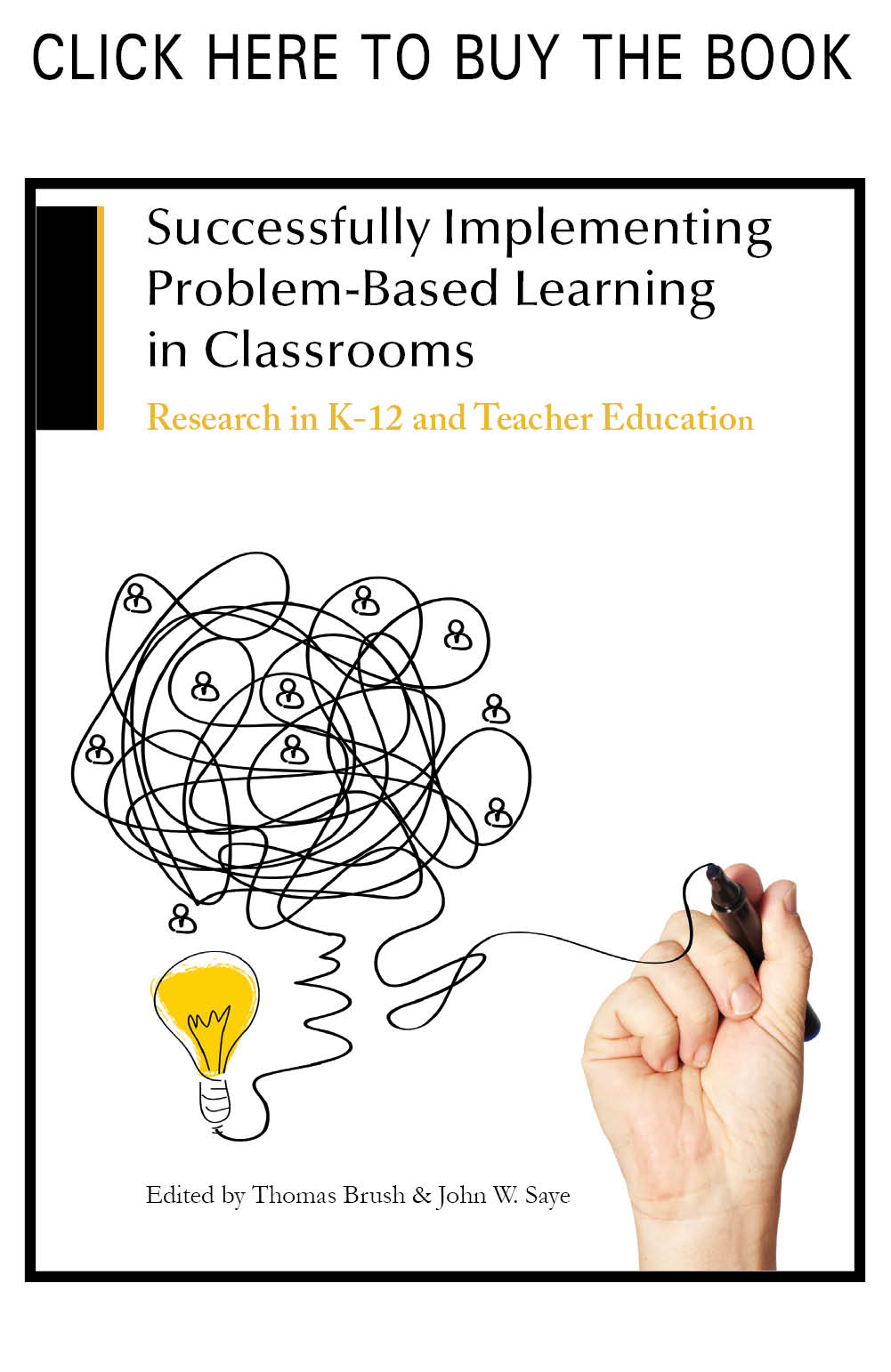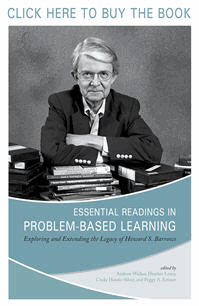Abstract
There has been criticism about STEM education not focusing enough on problem solving, especially in authentic real-world contexts which are most often associated to ill-structured domains. To improve education, it is essential that curricula bring students to high levels of cognitive development by exposing them to authentic problems. Problem-based learning (PBL) is a student-centered pedagogy that offers a strong framework upon which to build a curriculum to teach students essential problem solving skills. An authentic problem solving experience, which is highly valued and promoted outside of the classroom, yet almost non-existent in the classroom is undergraduate research (UR). Herein, the goal was to understand the nature of UR problems and what students learn during these experiences as a means of translating UR problems and experiences into the classroom using PBL methodologies. Using survey design, data was collected from sixty students participating in summer undergraduate research experiences. Our findings revealed UR problems to be well-suited for PBL implementation in the classroom since they are moderately structured and fairly complex because they require students to use many cognitive operations, to integrate multiple domains (knowledge, skills, and attitudes), to work on interdisciplinary teams, to deal with a continuously changing environment, etc.
Recommended Citation
Pierrakos, O.
,
Zilberberg, A.
,
&
Anderson, R.
(2010). Understanding Undergraduate Research Experiences through the Lens of Problem-based Learning: Implications for Curriculum Translation. Interdisciplinary Journal of Problem-Based Learning, 4(2).
Available at: https://doi.org/10.7771/1541-5015.1103




